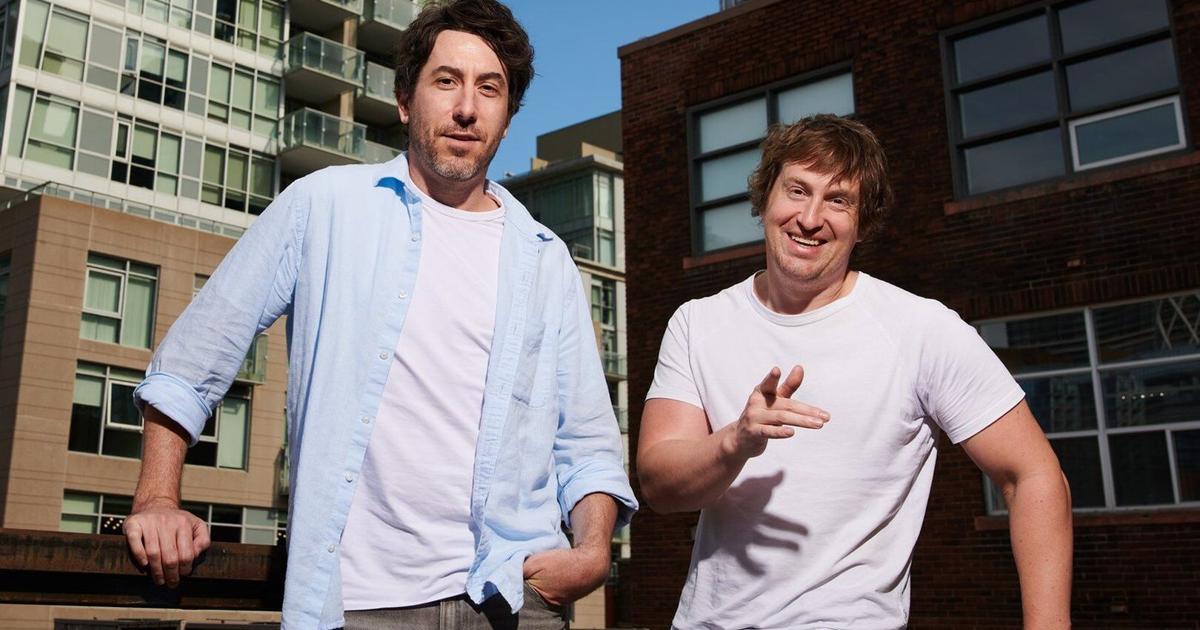In several past Speakers Corner reports, we’ve brought you multiple stories involving victims of financial fraud, and while losing money is hard enough, sometimes the emotional toll can be even more difficult.
“It’s often the forgotten impact,” said Vanessa Iafolla, who currently works as an Anti-Fraud Intelligence Consultant.
Whether it’s cryptocurrency, romance or other internet scams, people who’ve been victimized not only get robbed of their life savings but their self-worth as well.
“I don’t know how I’m going to recover from the situation. It’s impacted my mental health, dramatically,” said Toronto resident David Aning, who fell victim to a suspected online romance scam draining his life’s savings.
Iafolla has met hundreds of victims in similar cases through her career, which has mainly focused on being a consultant for people who are in litigation with institutions and organizations relating to their fraud victimization.
“Chiefly, what I hear from a lot of people is a sense of shame. There’s also a lot of blame that people seem to experience.”
Iafolla saw an unmet need to help people deal with not only trying to recover funds but also rebuild their self-esteem.
“These people often times need someone to talk to about what happened, understand why it happened and how to prevent it from happening again.”
Iafolla made the decision to add to her current list of duties.
“I just finished qualifying as a counselling therapist, and I’m seeking registration. And when that happens, I’m going to start hopefully offering therapy to people who’ve been through the criminal victimization process, specifically fraud victims.”
The need is great; so far this year, more than 17,000 people have fallen victim to fraud, totalling a combined loss of more than $342 million, according to the latest statistics from the Canadian Anti-Fraud Centre.
Iafolla says what’s lost in those numbers are the victims’ emotional scars.
“It really does a number on every victim, self-esteem, shame, sense of self-worth, all of these things just completely drop out once someone’s been victimized in this way.”
Iafolla says many victims are often ashamed or too embarrassed to come forward, worried they’ll be judged a certain way in the court of public opinion.
“There’s this unfair sense from others who hear these stories that these people should’ve known better, and that’s unfortunate because every one of us in this day and age is susceptible.”
Her goal is two-fold: first, to destigmatize victimization while also stressing the importance of victims sharing their experience.
“They need to see themselves not as somebody who’s deserving of blame or of shame but as somebody who’s been victimized by a crime just like any other crime victim,” she said.
“It is so very important that victims sort of come to a place within themselves and also in their relationships with other people where they’re able to talk about it more openly and they’re able to sort of counter the judgment that they receive.”
Iafolla adds that many fraud victims who stay silent could be at risk of being revictimized.
“Once you’ve been scammed, you’re just that much more likely to be re-scammed. So it’s helpful when I’m talking to someone to say, ‘Okay, we’re not here to play the blame game, but so this doesn’t happen to you again, can we talk about how this broke out so that you have a better understanding of what to look for? ‘”
While Iafolla hopes to be up and running with her counselling services in the next few months, there are several other resources available to crime victims now, including the Canadian Resource Centre for Victims of Crime.
If you have a story, issue or question you’d like us to look into, contact us here.



